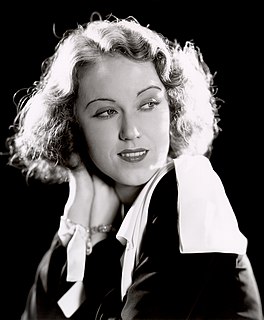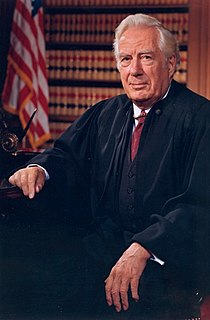A Quote by Guy Gavriel Kay
The poems were the only thing I wrote that was not for everyone else. Then my editors at Penguin, who were also friends and had seen several of them, aggressively urged me to do a book. Editors can be aggressive, especially after drinks. That's how 'Beyond This Dark House' appeared.
Related Quotes
I wrote the poems in Charms Against Lightning one by one, over almost a decade, and I did not write them toward any theme or narrative. But once I really got serious about putting together a book, I began to see that in fact there were themes across the poems, if only because my own obsessions had brought me back time and again to the same ground. I realized that any ordering of the poems would determine how those themes developed over the manuscript, and how the collection's dramatic conflicts were resolved.
At the time, liberals didn't understand that they had First Amendment rights. So, I was doing cartoons in this narrative cartoon form about subject surrounding that and as I was turned down by editor after editor at each publishing house, I began to notice on their desks this new newspaper called The Village Voice, which I then went and picked up and thought, well my god, these editors that were turning me down all, whom tell me how much they like my stuff, but they don't know how to market it because nobody knows who I am. If I got into this paper, they would know who I am.
The resistance to my work, and to my way of writing, has been there from the beginning. The first things I wrote were these short short stories collected in At the Bottom of the River, and at least three of them are one sentence long. They were printed in The New Yorker, over the objections of many of the editors in the fiction department.
I knew I had found my life's passion after writing my first column for The Washington Post. The response was like nothing we had seen in the business section. Everyday people were writing that finally someone was speaking to them in a way that was understandable. I think we were all shocked at how many readers wrote in to say that they too had a Big Mama who taught them about money.



































